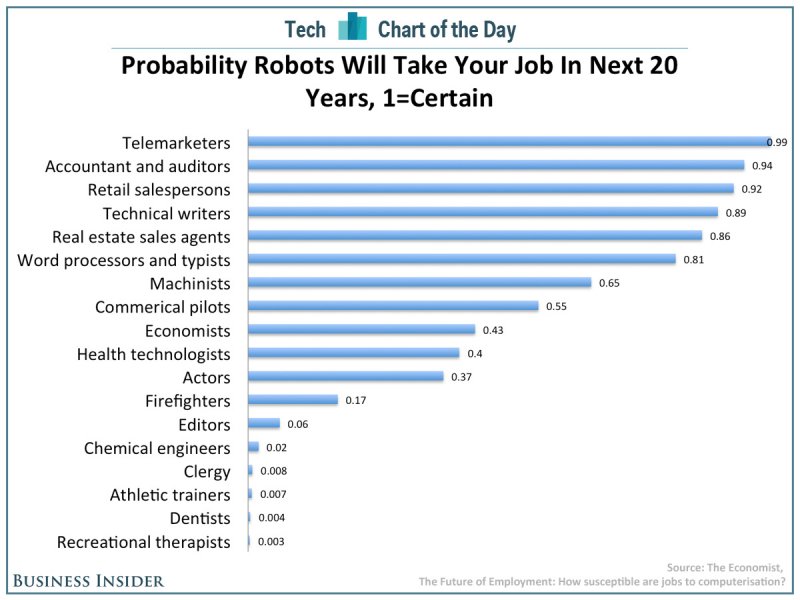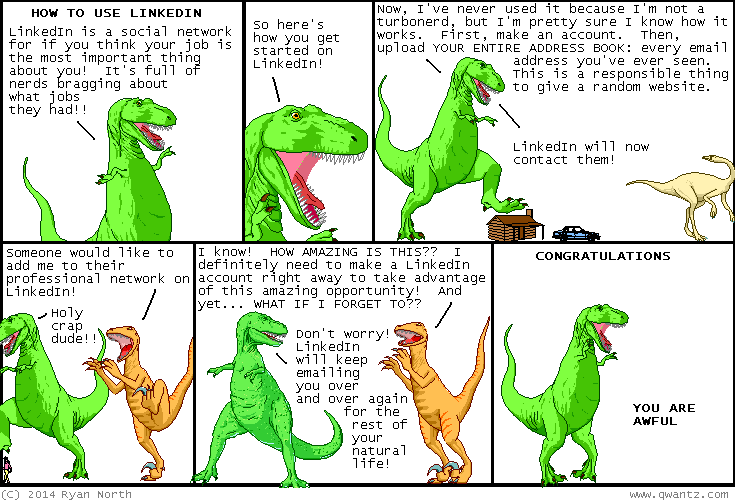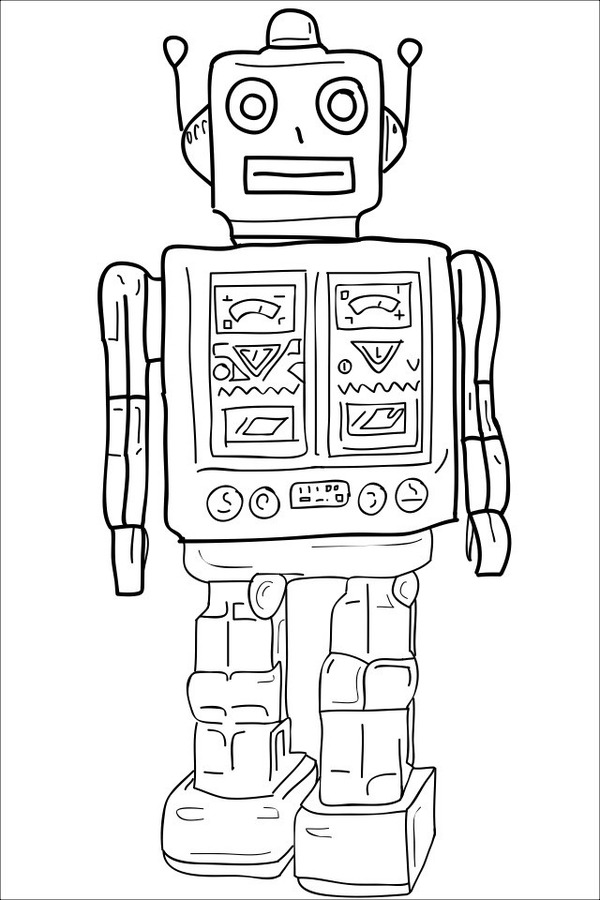You (and everyone else you know) simply CANNOT PUT YOUR PHONE AWAY.
You can't do it. Admit it. Just try and go 20 minutes disconnected from that little miracle device.
After five minutes you will give the phone a furtive glance. After ten minutes your palms will start to get a little clammy and you will be compelled to pick up the phone, (but you will still have it locked).
Make it to fifteen minutes and you're sure that SOMETHING COMPLETELY AMAZING AND WONDERFUL AND LIFE CHANGING IS GOING ON AND YOU'RE MISSING IT!
So you break down at minute seventeen only to find the only things you've 'missed' are some forgettable work emails, some strange dude who might be a 'bot followed you on Twitter, and your cousin 'liked' your latest Instagram selfie.
Disappointed, you turn to one of the few important things your little handheld portal to the Universe has to offer - you start looking around for a better job. C'mon admit it, you have a few job board apps on that little screen, maybe a couple of company career site apps too, and you have definitely clicked on a few job ads that you've seen on the mobile apps for LinkedIn or Twitter.
It's ok, no shame at all. You are just like the rest of us in that there really isn't much of a difference or distinction between the activities and expectations for information and capability that we want from our iPhones and what we grew up with on our old PCs.
Whether it's processing work stuff, shopping, and certainly, looking for that next great job opportunity - if it is happening, it is happening more and more on mobile devices.
So as an HR/Talent pro you need to ensure your talent attraction game is ready for this new playing field. But don't fret, your pals over at Fistful of Talent have you covered with the next installment of the free FOT Webinar series - Happy Hour Job Search: Driving the Behavior of Mobile Job Seekers, to be held on Tuesday, April 1 at 3:00PM EDT.
In the webcast, presented by Kris Dunn from FOT, and Ed Newman from iMomentous, the guys will hit you with the following:
A complete breakdown of the basic demographics and behaviors of mobile job seekers, with strategies on how to use that data to influence candidate behavior.
Inside information about power users of mobile career sites, including the level of education they’ve achieved, years of work experience and most prevalent zodiac sign (we’re kidding about the last one–but it would be cool if Capricorns were the most mobile savvy, right?).
What behavior and life patterns surrounding mobile use cause employers to see spikes at particular hours of the day from mobile, and how that impacts your mobile recruiting strategy.
The impact of mobile friendly career sites and email campaigns to click through rates from mobile candidates.
Then, we’ll show you how all the factors listed above make providing highly relevant content and calls to action the key to success with mobile candidates.
A winning recruiting strategy starts with understanding the candidate you’re seeking. Where is your candidate sitting at the moment they choose to hit “apply?” What are they doing 10 seconds before they land on your site?
Remember how your parents thought the Internet was a fad? Don’t fall into the same trap with mobile recruiting. Join Kris Dunn and Ed Newman on Tuesday, April 1st from 3-4pm EST for Happy Hour Job Search: Driving the Behavior of Mobile Job Seekers, and they’ll hit you with the best strategies to get the most out your mobile recruiting strategy in 2014 and beyond.
Have a great weekend!

 Steve
Steve




